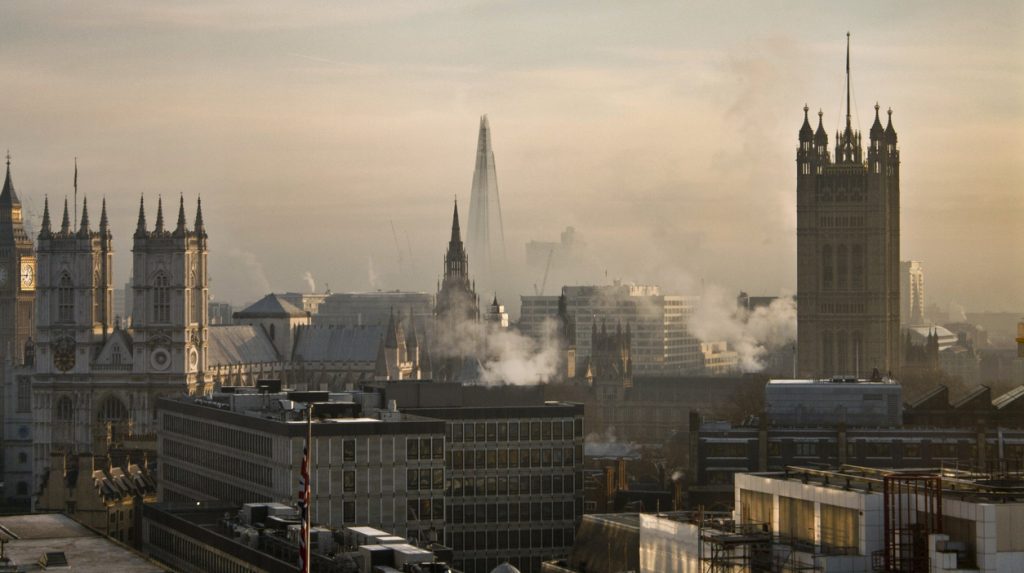What causes air pollution in washington dc, examples of what causes air pollution, what causes air pollution in malaysia, what causes air in water lines, what causes air around the heart, what causes dizziness, what causes dry mouth,
Air pollution has become a major issue in the modern world. The harmful effects of air pollution are now more evident than ever, and they have a significant impact on our health and the environment. The consequences of air pollution can range from respiratory problems to death. It is imperative to discuss the causes, effects, and solutions to air pollution to learn about the issue and understand how we can mitigate its impact.
Causes of Air Pollution
There are several causes of air pollution. One of the primary reasons is industrialization. With the rise of industries and factories, the emission of harmful gases, particulate matter (PM), and chemicals has increased manifold. The pollutants emitted by industries and factories include Nitrogen Oxides (NOx), Sulphur Oxides (SOx), and Carbon Monoxide (CO) among others.

The increase in the number of vehicles on roads is another cause of air pollution. Automobiles emit harmful gases such as Carbon Dioxide (CO2), CO, NOx, and PM, which contribute significantly to air pollution. Fossil fuel combustion is another significant source of air pollution.
In agricultural practices, the use of fertilizers and pesticides releases harmful chemicals into the air, which contributes to air pollution. Deforestation also creates a significant impact on air quality as the process releases CO2 into the air and reduces the number of trees that absorb CO2 during the process of photosynthesis.
Effects of Air Pollution
The effects of air pollution are numerous and have both short and long-term consequences. Short-term effects include irritation of eyes, nose, and throat, coughing, wheezing, and shortness of breath. Long-term exposure to air pollution has more severe health consequences such as cancer, heart disease, stroke, and respiratory diseases such as asthma.

Air pollution not only affects human health but also has an impact on the environment. The pollutants released into the air contribute to global warming and climate change. It affects animals and plants that live in polluted areas. The chemicals released into the air can also contribute to acid rain which harms ecosystems and disrupts their food web.
Solutions to Air Pollution
Air pollution can be tackled by implementing solutions that address the root causes of the problem. One effective solution is through reducing the use of fossil fuels and utilizing alternative sources of energy such as solar and wind power. The transportation sector can also utilize electric or hybrid vehicles, which emit less harmful gases.
Shift to cleaner technologies can be a valuable step in reducing air pollution. Governments can enforce regulations that can restrict or penalize industries that do not comply with prescribed air quality standards. The use of green technology in the agricultural sector can also significantly reduce air pollution.
Individuals can also play their part in mitigating air pollution. Simple steps such as the use of bicycles instead of cars for short-distance travel, promoting public transportation, and using energy-efficient appliances can contribute significantly to reducing air pollution.
In Conclusion
Air pollution remains a significant issue, affecting millions of lives globally. It is imperative to address the root causes of the problem systematically and implement effective solutions. Failure to do so would bring unprecedented impacts on our surroundings and our lives. By working together, we can create a sustainable future, where clean air and a healthy life are reality and no longer just dreams.
Also read:
.Blog Archive
Total Pageviews
Search This Blog
-
Coloriage dragon ball avec modele unghii, coloriage dragon ball avec modele facture, coloriage dragon ball avec river, coloriage dragon ball...
-
Asus zenbook 13 vs acer swift 3, acer swift 5 vs asus zenbook 14, asus vivobook vs acer swift 3, acer swift 3 vs huawei matebook d14, acer s...
-
Coloriage magique reine des neiges, coloriage magique reine des fleurs, coloriage magique reine des fourmis, coloriage magique reine des gue...
